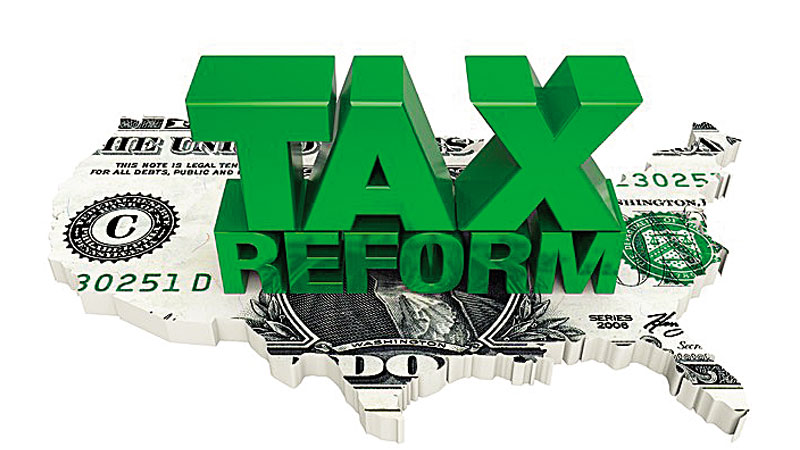Zafar Iqbal
The strategies to document the economy of Pakistan are multi-faceted. Firstly, it is necessary to improve the institutional capacity of the Federal Board of Revenue (FBR) to ensure that tax collection is efficient and effective. This means ensuring that the FBR has the necessary resources, skills and expertise to accurately assess and collect taxes. Therefore, civil service reforms coupled with administrative reforms are critical for FBR. Secondly, it is important to encourage voluntary compliance by offering incentives such as simplified tax procedures and lower tax rates. Thirdly, improving tax administration, including innovative methods such as electronic filing and payments of taxes, can improve transparency and efficiency in tax collection. Hence, coding & recoding of substantive & procedural laws are essential for taxation reforms leading to economic reforms.
Documentation is critical for taxation as it allows for greater accuracy in the assessment and collection of taxes. When an individual or business files their tax returns, they are required to disclose their income and expenses. The documentation that accompanies these disclosures serves as physical evidence, which makes it easier for tax authorities to verify the information provided by taxpayers. This not only reduces the risk of tax evasion by taxpayers but also improves the effectiveness of tax audits by tax authorities.
To bring all incomes under the tax net, Pakistan needs to implement a comprehensive tax policy that targets all income sources including agriculture, real estate, and other sectors outside the traditional tax net. The government can also incentivize informal workers to register by offering special tax breaks and simplified registration procedures.
In terms of taxation reforms, the government could consider reducing the income tax rates for low earners and increasing the tax rate for high earners. The government can also consider simplifying tax procedures by reducing the number of different taxes and ensuring that tax forms are easy to understand. Another effective reform could be to increase the use of technology in tax administration, with electronic payments and filings, which will allow for greater transparency and efficiency in the tax collection process. Overall, these measures will increase revenue collection and help the government to strengthen the economy.
Lastly, Pakistan needs reforms & restructuring of economic sectors. Therefore, political stability & consistent policies are essential. A functional & people representative government is always in a better position to reform the system.
Pakistan’s Prime Minister, Shehbaz Sharif, has deep connections with the business community, particularly the Lahore Chamber of Commerce, where he previously served as president. Recently, he expressed the need for reforms within the Federal Board of Revenue (FBR), a significant statement considering the existing concerns within the business community nationwide.
The tax system in Pakistan has long been a contentious issue between the government and the business community. Encouraging people outside the tax net to voluntarily comply is challenging due to the multitude of taxes and the perceived burden of the system. The current policies seem to benefit those already within the tax net, neglecting those outside it.
Notably, concerns regarding taxation have been directly communicated to the Prime Minister by members of the Lahore Chamber. Specific issues, such as the complexities surrounding the filing of sales tax returns and the imposition of heavy fees for electronic compliance, have been highlighted. These challenges, compounded by the economic difficulties faced by the business sector, including inflation and high energy costs, are placing significant strain on businesses.
The substantial fees imposed for integrating with the FBR’s electronic invoicing system have been regarded as exorbitant and potentially detrimental to businesses. The onus falls on the government to ease the burden on taxpayers by reconsidering these measures.
The complexity of the tax system in Pakistan serves as a deterrent for individuals, while existing taxpayers bear heavy obligations. This results in a low number of taxpayers, hindering the government’s revenue collection and its ability to fund essential public welfare projects.
While international lending institutions advocate for the expansion of Pakistan’s tax system, reducing the number and rates of taxes is also crucial. Furthermore, the government should focus on long-term policies to attract and retain local and foreign investors, alongside measures to expand the tax net and ease the burden on existing taxpayers.
Without these steps, achieving tax targets will remain challenging, and the gap between the business community and the government will persist. Prime Minister Shehbaz Sharif’s call for tax reforms is a crucial step towards addressing these pressing concerns.
















